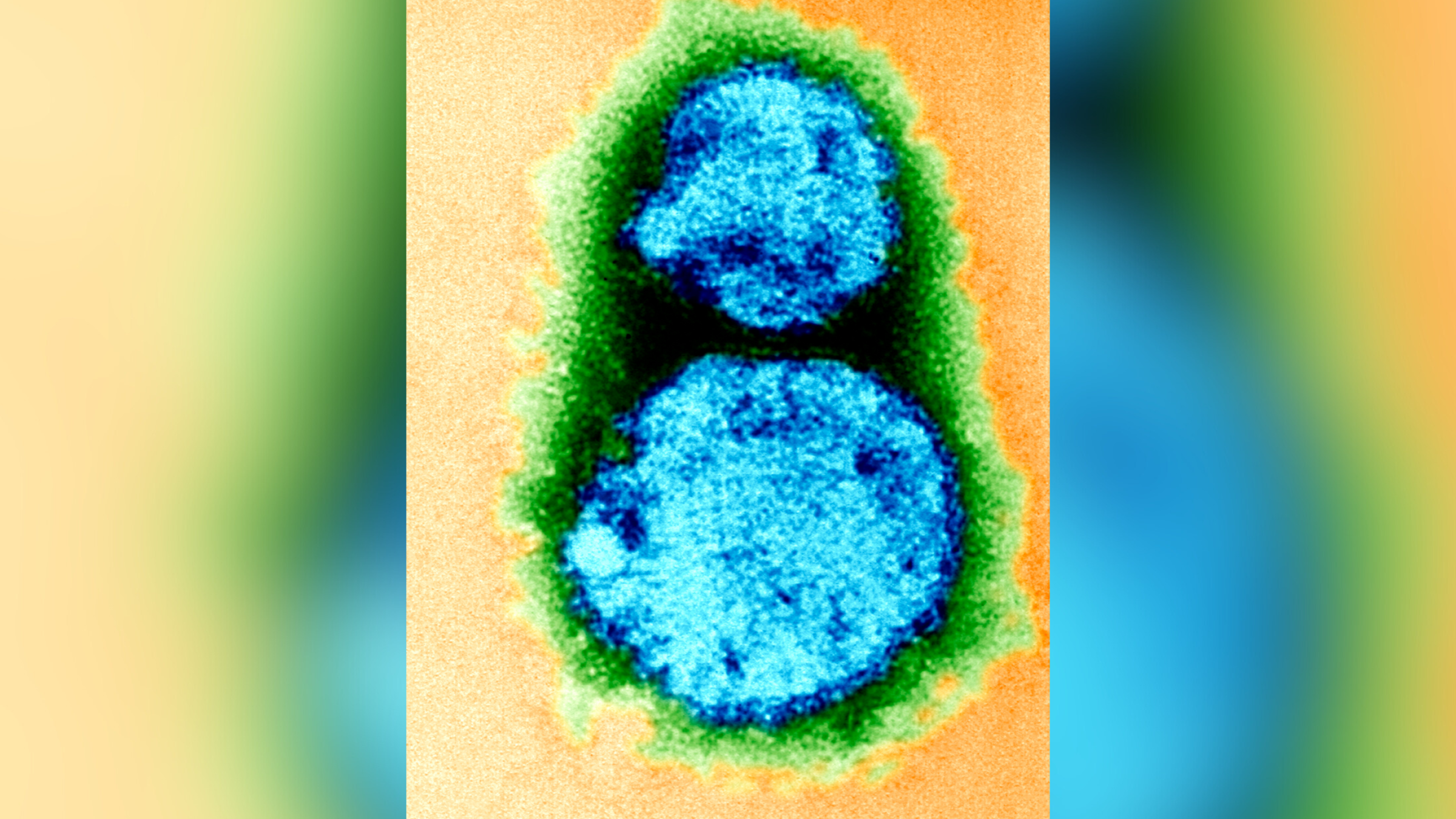Killer Whales Don't Usually Kill People
News of a trainer being killed by a killer whale at SeaWorld Orlando today doesn't change the fact that these giants, while deadly predators, do not kill humans at sea.
"They have never killed a human in the wild," said Nancy Black, a marine biologist with Monterey Bay Whale Watch. That's mostly because, unlike sharks, killer whales don't frequent near-shore areas where people swim. (Even shark attacks on humans are generally accidental, experts say, with sharks mistaking humans for seals or other typical food.)
Details of the event today were sketchy, and SeaWorld officials contacted by LiveScience said they could not comment on the incident yet. According to news reports, the orca drowned its female trainer as tourists watched in horror.
But this killer whale at SeaWorld probably didn't intentionally kill the trainer.
"I just think the killer whale may have wanted a social companion and just held her under too long," Black told LiveScience. "I would think the killer whale didn't do it intentionally but more as a play thing. They're so powerful." She added killer whales don't have to come up for air as often as a human might and could reasonably hold someone underwater for 15 to 20 minutes.
Possibly the killer whale just got bored, she said, since their lives in captivity are more confined than at sea where they spend time swimming hundreds of miles while hunting or playing.
"I've seen them toss seals 20 feet in the air with their flukes. They could mistake you for another mammal," Black said of the transients.
Sign up for the Live Science daily newsletter now
Get the world’s most fascinating discoveries delivered straight to your inbox.
In general, killer whales, or Orcinus orca, are very intelligent and playful animals, amusing themselves anything from kelp to seals, Black said. But even though they are shown off at aquaria with fuzzy stuffed animals to boot, they are still wild animals.
And they are big, growing to 32 feet (nearly 10 meters) and weigh a whopping 18,000 pounds (8,164 kg), according to the National Oceanic and Atmospheric Administration (NOAA). As apex predators, killer whales have few enemies, vulnerable only to large sharks.
Their fierce reputation comes from interactions with whales, not humans. In fact, sailors who witnessed killer whale attacks on larger cetaceans referred to the animals as "whale killers." That name changed to killer whales. The Spanish sometimes refer to the orca as Ballena asesina, meaning "assassin whale," according to the MarineBio Conservation Society.
Not all orcas dine on mammals. Those living in Norway prefer fish. But the so-called transients, which occur throughout the eastern North Pacific, eat other marine mammals, such as dolphins, sea lions and seals.
- 10 Scariest Sea Creatures
- Scientist Has 'Snowball Fight' With a Killer Whale
- The World's Biggest Beasts
Jeanna Bryner is managing editor of Scientific American. Previously she was editor in chief of Live Science and, prior to that, an editor at Scholastic's Science World magazine. Bryner has an English degree from Salisbury University, a master's degree in biogeochemistry and environmental sciences from the University of Maryland and a graduate science journalism degree from New York University. She has worked as a biologist in Florida, where she monitored wetlands and did field surveys for endangered species, including the gorgeous Florida Scrub Jay. She also received an ocean sciences journalism fellowship from the Woods Hole Oceanographic Institution. She is a firm believer that science is for everyone and that just about everything can be viewed through the lens of science.










